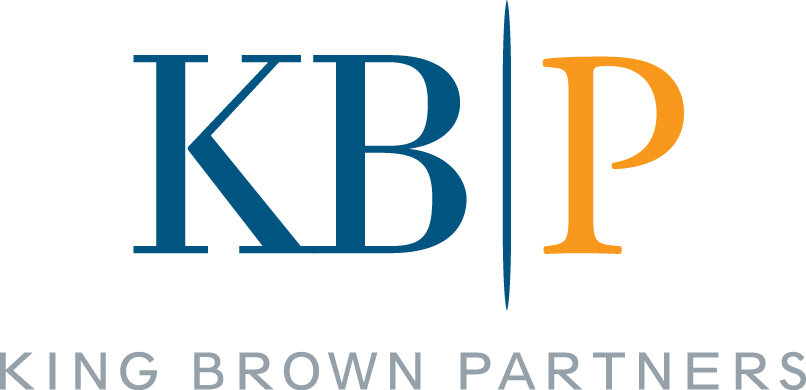Decisions, Decisions, Decisions
At its core, marketing is about making decisions. At least one recent survey estimates that in an 8-hour day (isn’t that a quaint and somewhat antiquated notion?) a marketer makes upwards of 100 significant business-related decisions.
That’s not to say that all decisions have equal weight or equivalent outcomes. But getting them right still matters. It has been said that success in business is directly attributable to the accrued effect of those decisions. The one who makes the greatest number of right decisions wins.
It is a generally undisputed and much discussed fact that the frequency, pace and magnitude of decisions facing marketers has accelerated exponentially in recent years. And it’s not limited to the business world. A recent New York Times Magazine story detailed the phenomenon of “decision fatigue” in daily life, wherein the sheer number of decisions we make in a day overwhelms our biological capabilities, resulting in degradation of the quality of those decisions throughout the day as our brains attempt to cope.
With marketers, decisions take on added consequences—financial consequences. P&L implications. Bottom line impact. The right investment in a promising line extension can reinvigorate flagging sales; the wrong decision can tie up resources well in excess of the lifespan of the product. The right positioning can give a fledgling brand room to thrive; the wrong one nearly guarantees its entry into the pantheon of failed products. The right investment in education and training support can accelerate adoption and attach rates; the wrong decision can jam the phone lines of your call center with disgruntled customers.
Our industry—market research—originated with the goal of informing just those types of decisions. To provide data and insight that can support informed, even enlightened, decision-making. But over time, market research has become bloated, complex, tripped up by an adherence to conventions of social science. In a world where marketers’ time, resources and budgets are at a premium we continue to propose studies that take months to field, focus on “tracking” what’s happened, and present “findings” that merely describe what people say. Is there any wonder why the value of our services is being called into question? Or why marketers are moving forward and making decisions without the benefits of research?
It’s time we refocus on our core value to marketers. To tie insights to real decisions. And to ensure that our clients are never again forced to make an uninformed decision.
